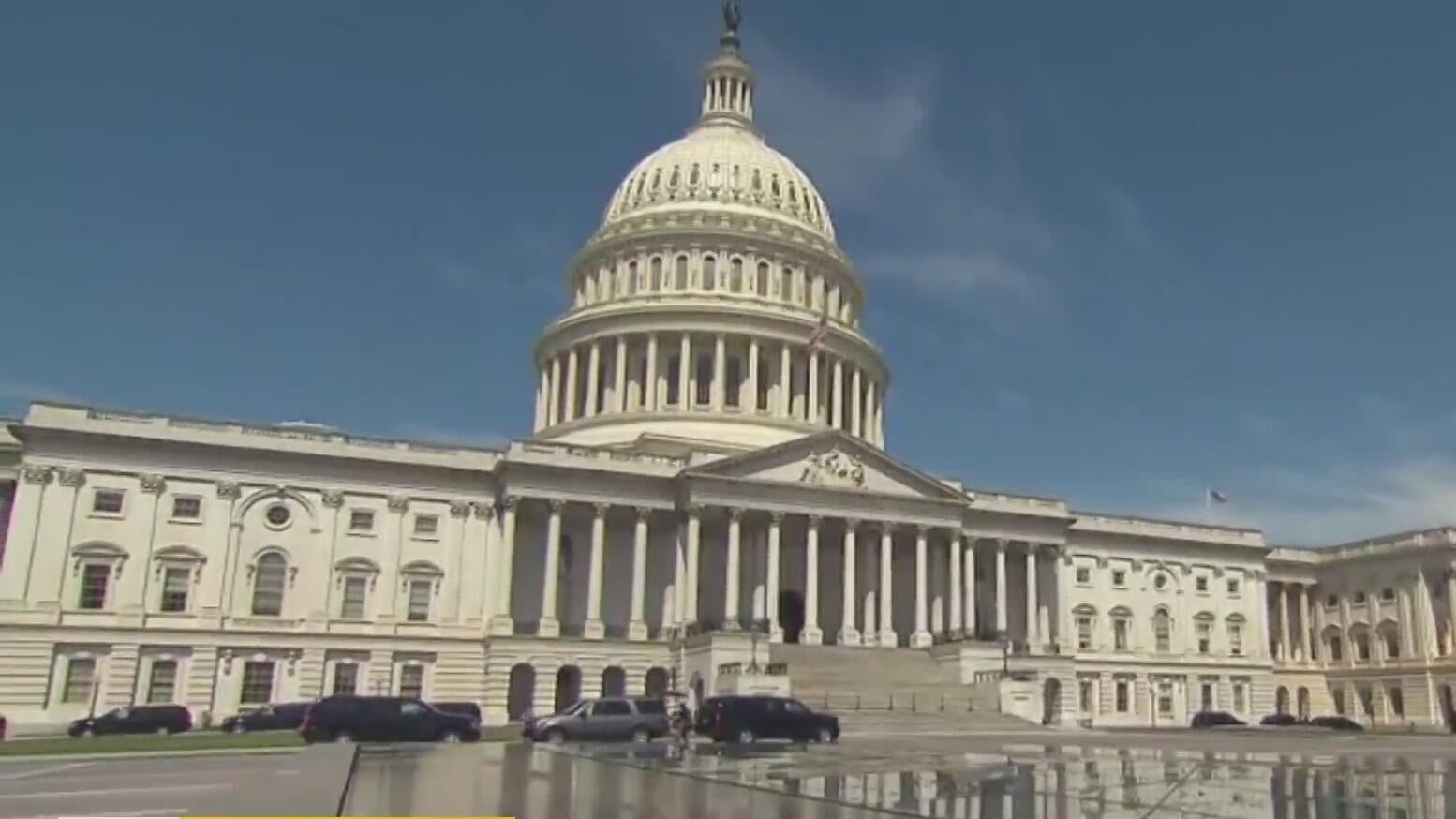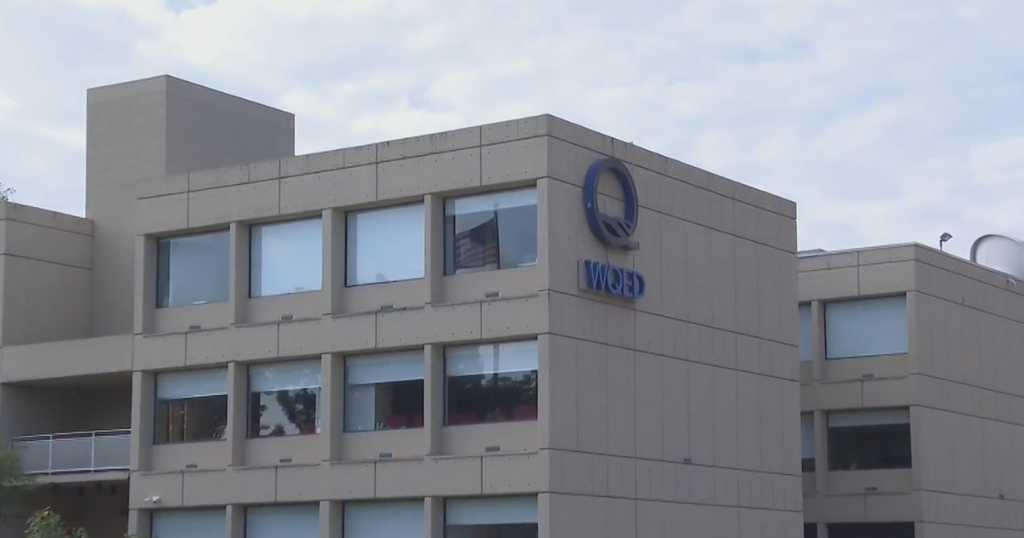West Virginia Public Broadcasting executive director contemplates future after Senate passes funding cut
The executive director of West Virginia Public Broadcasting is contemplating the organization's future after the Senate passed President Trump's request to rescind funding to public radio and television stations.
The Senate on Thursday voted 51-48 to approve a package that would cut $9 billion in foreign aid and public broadcasting funding.
"I did actually follow it throughout the evening," West Virginia Public Broadcasting executive director Eddie Isom said.
The package includes $1.1 billion in cuts to the Corporation for Public Broadcasting.
"The first thing I thought was 'what now?'" Isom said.
West Virginia Public Broadcasting gets about $1.6 million in federal funding a year.
"I don't think that we can make that up from our viewers and listeners," Isom said.
Isom said it's a tough dilemma.
"We're gonna take a hard look at our budget and see if there's anything that we can cut," Isom said.
"We have about a couple months to kind of regroup and try to get some kind of a plan in place," he added.
West Virginia Public Broadcasting transmits all over West Virginia with a series of transmitters.
"We're one of the few stations that reaches into the rural areas," Isom said.
This package could also impact stations like Pittsburgh NPR affiliate WESA. Its CEO said it could lose about 9% of its funding, about $700,000.
"I challenge anybody to show me anything that looks similar to PBS and NPR," Isom said.
Both WESA and WQED say they will continue without federal money.
"We are firmly committed to remaining a strong and independent source for news and music in Pittsburgh...as we have been for more than 50 years," Terry O'Reilly, the president and CEO of Pittsburgh Community Broadcasting, told KDKA-TV in a statement. "The majority of our financial support comes from local individuals and institutions who value what we do: they're the audience we serve every day."
West Virginia Public Broadcasting will try the same, saying it will also ask listeners and viewers to donate.
"We don't just air shows, we do things that matter here," Isom said.
"It's part of the community, it's part of preserving Appalachia culture and heritage," he added.
The bill has to go back down to the House from the Senate, since the version of the package was revised. If that's approved there, it will then go to the president's desk.




